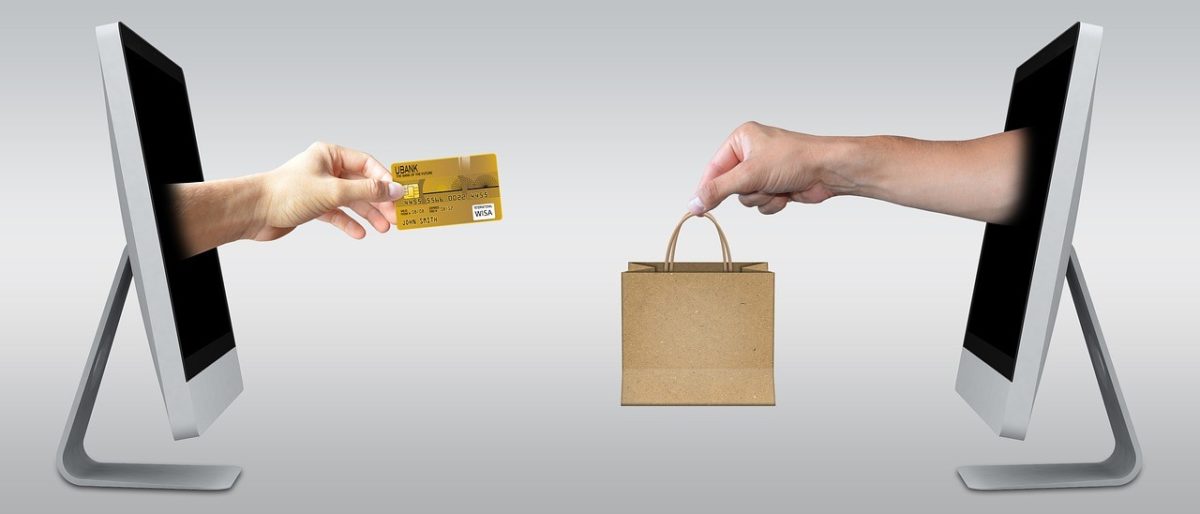
If you’re contemplating moving into the business to business space or already have and have been billed by your retailers for “chargebacks” you may be wondering what, exactly, you’ve gotten yourself into. After all, those chargebacks can be very expensive, so much so that it’s not worth the effort it took to get them to the retailer in the first place!
What is a Chargeback?
When you contract with a retailer who will handle the product distribution of your merchandise to their stores, they will give you an instruction manual. This diary-thick vendor compliance manual explains exactly how you’re to send items to the retailer, and they’re not playing around.
If the book says that each pallet should have exactly 36 items on it, you’d better put 36 items on each pallet, otherwise, you’ll start running into retailer chargebacks. From the perspective of the retailer, you’ve just created a ton of work for them by sending improperly fulfilled merchandise to their warehouse. Now their people have to tear down the pallets and rebuild them, minimum. It’s a lot of work for them to sell your stuff, so they pass the cost on to you directly.
Other Reasons for Retailer Chargebacks
Although some of the most common reasons for retailer chargebacks are improperly packed products, there are several other common reasons these appear:
- Not sending the right electronic data interchange or advanced shipping notice data. Your retail partner wants to know when your shipment will be arriving, who’s bringing it and how many items are coming, among other things. When you send bad information, or worse, no information, it really puts a hitch in their giddy-up.
- Using the wrong shipper. Like everything else, your retailer will have a shipper or two that they prefer to work with for various reasons. Even if it’s because the trucks fit more neatly into their loading bay, your disregarding this preference can mean a hefty fine.
- Incorrectly packaged or labeled items. By “incorrectly,” of course, your retailer means “not to the standard put forth in our instructions.” Even so, it takes manpower for them to tear your pallets down and put them back together correctly. A misplaced label can spell an equal amount of chaos in a heavily automated warehouse that relies on those labels for sorting and tracking purposes.
You can avoid chargebacks by being absolutely militant about the instructions listed in the vendor compliance manuals, but this is easier said than done. Often, it takes a whole team just to service one picky retailer, let alone several.
Good fulfillment services, on the other hand, often already have copies of the vendor compliance rules that you’re struggling to adhere to. When you think that it’s time to make the leap to working with retailers, it’s a good idea to find an order distribution facility that you’re comfortable doing business with and let them handle one of the hardest parts of being a retail vendor.









